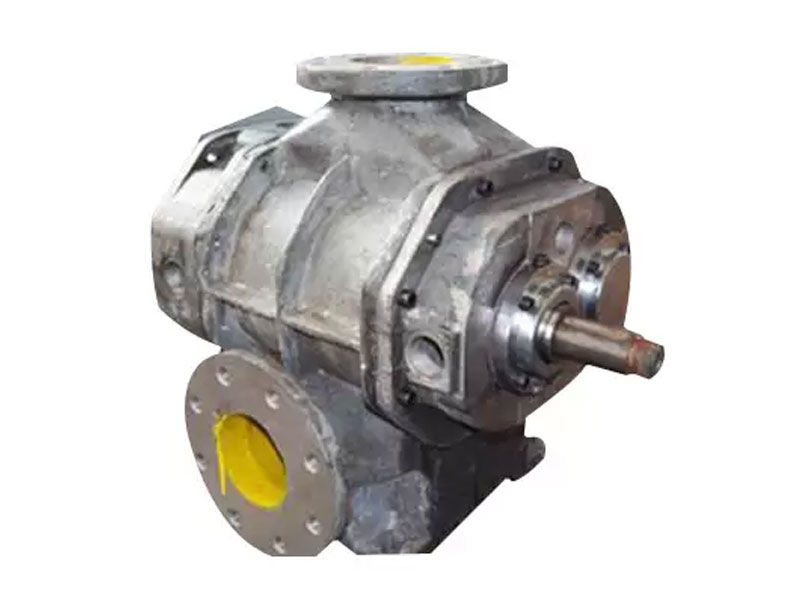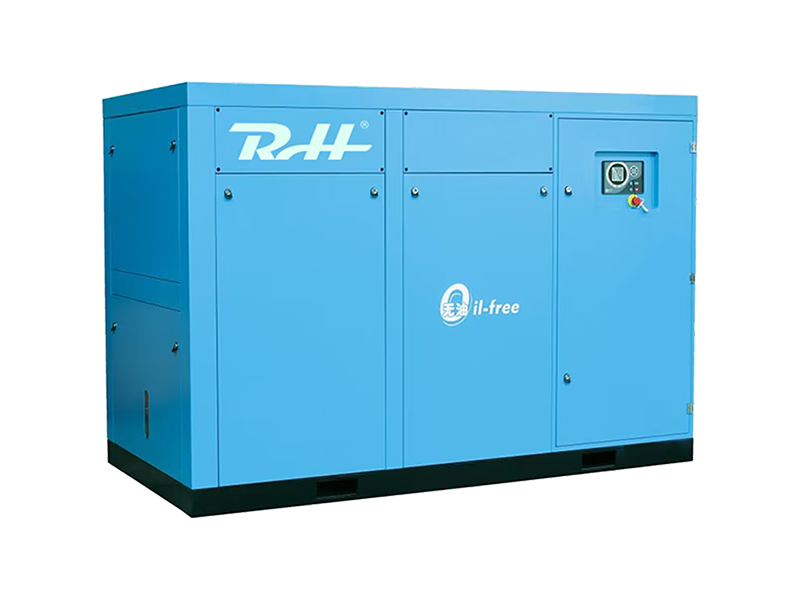In various industrial applications, maintaining the integrity and efficiency of equipment is paramount. One such piece of equipment, the Roots blower, plays a crucial role in many processes, including wastewater treatment, pneumatic conveying, and industrial vacuum systems. However, when these blowers are exposed to specific environmental conditions, such as high humidity, corrosive gases, or extreme temperatures, the risk of corrosion increases significantly.
High Humidity Environments
Environments with high humidity levels can significantly accelerate the corrosion process. When moisture in the air combines with pollutants or chemicals present in the atmosphere, it creates a corrosive environment that can lead to rust and degradation of metal components. For instance, industries located near oceans or lakes often face this challenge due to the presence of salt in the air, which is known to corrode metal surfaces rapidly. Anti-corrosion Roots blower, often made from stainless steel or coated with protective finishes, are designed to withstand these conditions, ensuring long-term functionality and reduced maintenance costs.
Exposure to Corrosive Gases
Certain industrial processes involve the handling of corrosive gases such as hydrogen sulfide (H2S), sulfur dioxide (SO2), or ammonia (NH3). These gases can react with unprotected metal surfaces, leading to rapid wear and tear. For example, wastewater treatment plants are often exposed to hydrogen sulfide, which not only smells bad but is also highly corrosive. In such scenarios, using anti-corrosion Roots blowers equipped with materials resistant to these gases—like special coatings or alloys—becomes essential. This ensures that the blowers can operate efficiently without frequent replacements or repairs, thus saving time and costs.

Extreme Temperatures and Chemical Exposure
Extreme temperatures, whether high or low, can also influence the longevity of Roots blowers. Hot environments can lead to thermal expansion and increased wear, while cold environments may cause brittleness in materials. Additionally, exposure to chemicals, whether through spills or atmospheric conditions, can further exacerbate corrosion issues. Industries such as chemical manufacturing or oil refining often deal with these challenges. Utilizing anti-corrosion Roots blowers that are specifically designed to handle high-temperature fluctuations and chemical exposure can significantly improve operational reliability and extend the lifespan of the equipment.
The need for anti-corrosion Roots blowers is driven by specific environmental conditions that can endanger the operational efficiency and lifespan of standard blowers. High humidity, exposure to corrosive gases, and extreme temperatures are just a few examples where specialized equipment is necessary. By investing in anti-corrosion solutions, industries can not only enhance their operational reliability but also reduce maintenance costs and downtime. As we navigate an increasingly challenging industrial landscape, ensuring that our equipment is up to the task is more important than ever. Embracing technology that withstands these harsh conditions will undoubtedly lead to more sustainable and efficient operations.


 русский
русский Español
Español عربى
عربى










